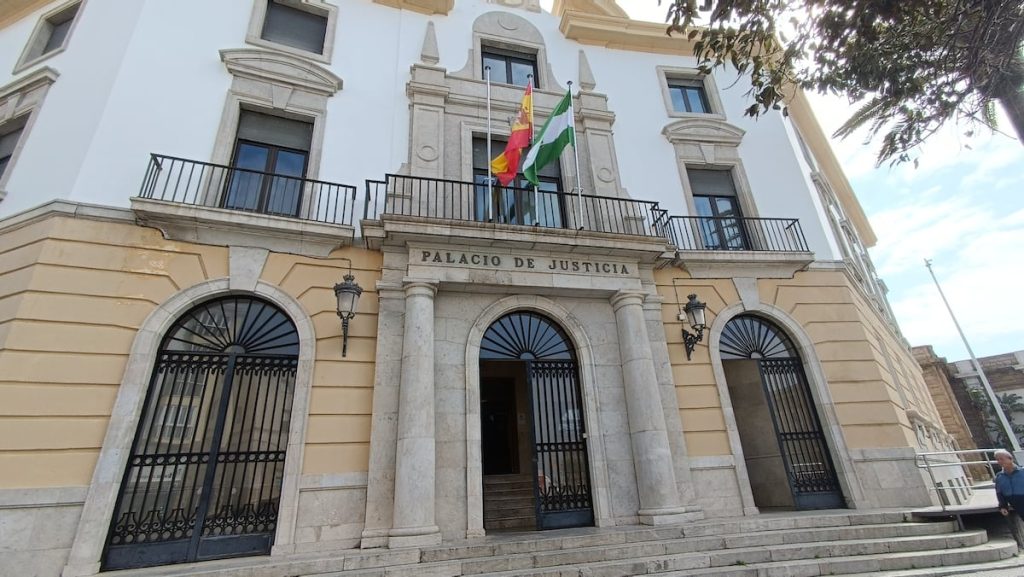Bernardo A. P., a Civil Guard corporal in the fiscal section of Algeciras (Cádiz), was earning €1,600 per month, the same as any other colleague in the same category between 2010 and 2016. Despite this salary, he managed a network of 12 companies and four temporary unions capable of obtaining million-dollar public concessions, thanks to help from laundering up to €1.6 million from drug traffickers. As a result, he has been sentenced to seven years in prison and a €4.5 million fine. The court also found his children guilty of being necessary collaborators in money laundering, sentencing them each to three years and one month in prison, along with fines of €4.5 million.
Bernardo A. has had previous run-ins with drug traffickers, as he and his wife were arrested in October 2014 for belonging to a criminal organization and money laundering. In 2018, he was arrested again for forging documents and using his company as a hidden parking lot for drug traffickers’ vehicles. The money laundering investigation conducted by the anti-drug prosecutor spanned from 2015 to 2018 and uncovered a complex economic and corporate network involving multiple companies and temporary unions to participate in public tenders.
Through elaborate private loans and third-party capital, the Civil Guard corporal laundered money through real estate purchases, luxury cars, and numerous trips around the world. He also spent part of the illicit funds on participating in car races. During the trial, Bernardo claimed to have been an entrepreneur since 1997 and engaged in various business activities in Castellar (Cadiz), such as car scrapping, vehicle sales, active tourism companies, and a judicial deposit. However, the court determined that much of his corporate activities were funded by drug money.
The court also held Bernardo’s children accountable for their involvement in his illegal activities, as they were aware of the abnormal financial and corporate operations. Despite attempts by the defense to shift blame onto the father, the judges rejected this argument. When the police arrested Bernardo in 2018 for using a judicial deposit as a protected parking for drug traffickers, suspicions were already raised due to earlier incidents involving theft of a narco-boat in Conil de la Frontera. Investigators found inconsistencies in the reports and unusual circumstances surrounding the case.
The systematic corruption and criminal activity carried out by Bernardo A. and his family highlight the ease with which individuals in positions of authority can abuse their power for personal gain. While his initial salary as a Civil Guard corporal might not have been significant, his involvement in laundering drug money allowed him to amass substantial wealth through a complex network of companies and illicit activities. This case serves as a cautionary tale about the dangers of corruption and the importance of upholding the rule of law to prevent such abuses of power in the future.


